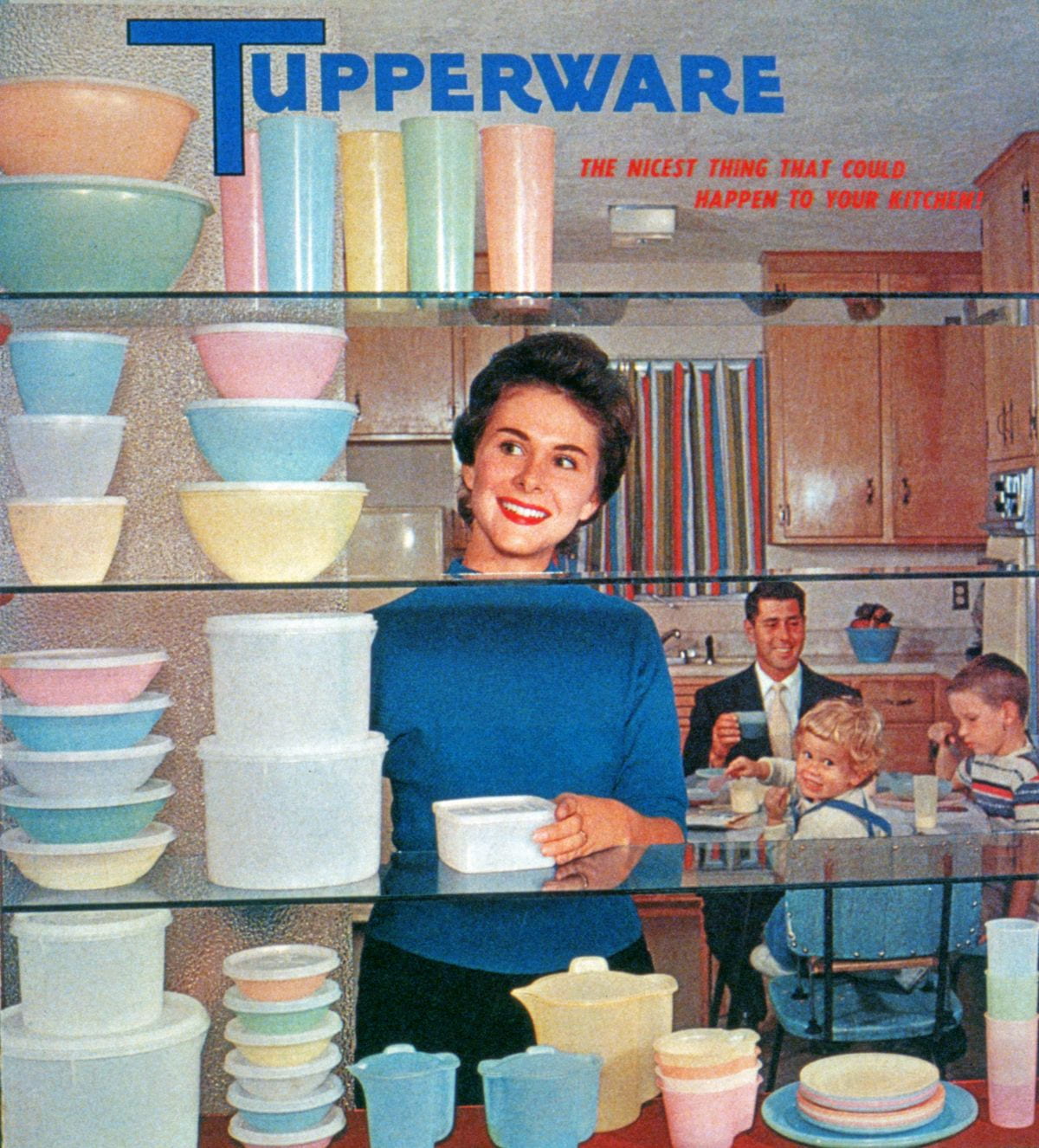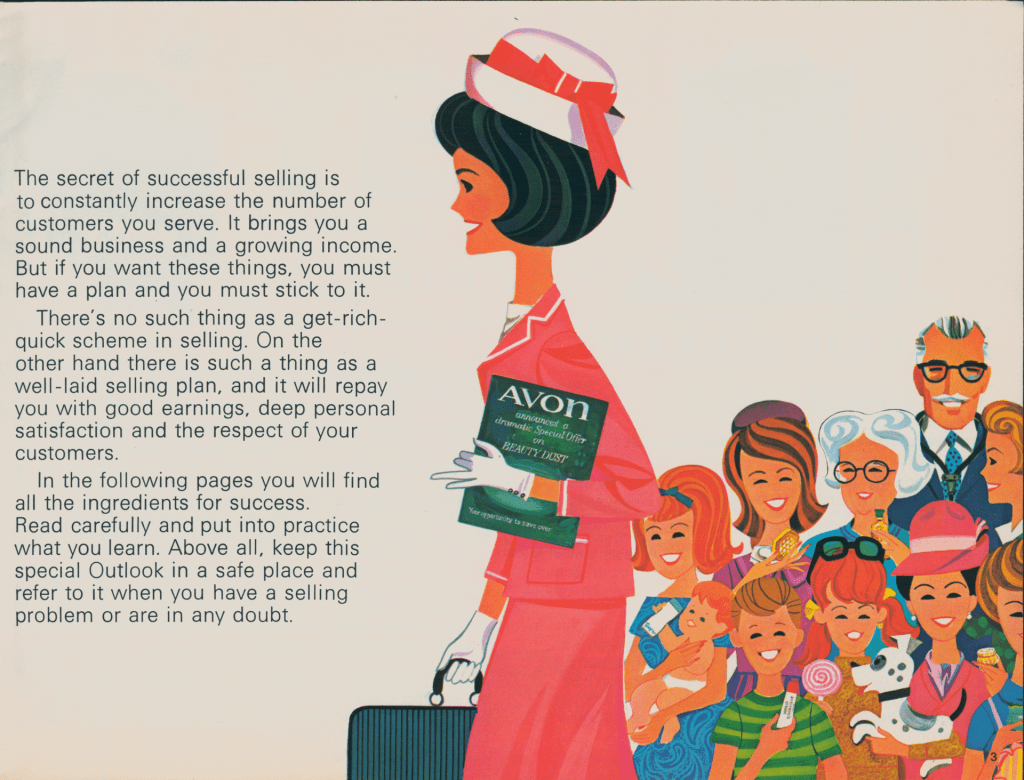By Dr Amy Edwards, Senior Lecturer in the Department of History, School of Humanities
To mark International Women’s Day, Dr Amy Edwards tells us about her project which will explore the history of women’s self-employment between 1970-2000. Through oral history interviews and archival research, the project will tell the story of the many thousands of women who worked for themselves in contemporary Britain. The project received an AHRC Research Development & Engagement Fellowship and runs until February 2026.
The way we work in contemporary Britain is changing. Working from home, hustle culture, flexi-work, the gig economy: these are all familiar phrases that capture something about the nature of when, how, and for who we earn money in the twenty-first century. At the heart of many of these developments is the idea that working for ourselves is a dream job.
My current project, ‘The Secret of My Success’: Women and Self-Employment in Britain (1970-2000), seeks to tell the history of Britain’s self-employed women to better understand our ways of working today. Working arrangements and business practices targeted at women throughout the post-war period pre-empted many of the ‘new norms’ we view as recent developments. In 1965, the Financial Times reported that British industry had begun ‘assiduously courting’ some ‘seven million married women’ as part of a drive to boost its labour force. ‘Women power’ it seemed, had become one answer to the problem of how to secure business growth. For one group of companies in particular, women’s economic agency, both as consumers and as sellers became the basis of their business model: direct sales. In the mid-twentieth century, American companies like Tupperware and Avon made their way across the Atlantic, bringing with them new distribution methods, which relied upon the social networks, bonds, and domestic spaces of women’s lives. In so doing, they promised economic independence and flexible working conditions suited specifically to women and other economically marginalised groups in the form of the self-employed sales representative.

Tupperware advertisement featuring a Joe Steinmetz photograph, c.1958, State Archives and Library of Florida, Tallahassee, FL 32399-0250.
During the project, I’ve studied the records of organisations like Avon, Wimpy Burger, and the Federation of Window Cleaners, aided by trips to places such as the Hagley Museum and Library in Wilmington, Delaware and the London Archives. I’ve also been conducting oral history interviews with women all over the country to find out more about why they chose to take the leap and ‘set up shop’, and what life was like when they did. Oral history methods are an established part of contemporary historical practice and can be an excellent way of hearing the perspectives of people whose voices don’t always end up recorded in institutional records. By talking to women about their experiences of self-employment, I hope to understand how practices like working from home, subcontracting, and the dream of working for oneself became so central to our society. These women experienced both the liberating potential of new post-war business practices as well as trajectories that involved being pushed into low-skilled, part-time, precarious work.
In the coming months we will be using some of the research findings from the project to run a couple of workshops. The first one, titled Business as Unusual: The Past, Present, and Futures of Alternative Enterprise, is taking place in the Faculty of Arts, Law and Social Sciences on the 7th and 8th of July 2025. It aims to bring together scholars, activists, and practitioners with a shared interest in the role that businesses (broadly understood) play in society. The second is still in the planning stages and is an exciting collaboration with the Bristol Women in Business Charter. It is due to be held in October 2025.
As part of this project, I’m lucky enough to be working with Bristol Special Collections to store the oral history stories I’ll be collecting. I’m also going to be working with a local filmmaking company, Black Bark Films, to make a short documentary film about what it has meant to work for yourself as a woman over the past 70 years. Through workshops with local charities and policy makers, along with a film launch I am also hoping to help shape the ways we think about and support women’s entrepreneurship in Bristol today.

Avon Outlook, Campaign 5, Box 103, Campaign Mailings 1969 (Accession 2155), Hagley Museum & Library, Wilmington, DE 19807. Courtesy of the Hagley Museum and Library.
To learn more about the project you can hear me talking about it with the Hagley Museum and Archive where the Avon Company archives are held. This will be available from the 15th April.
Interested in being involved?
If you are a woman who was self-employed at any time during the 1970s, 1980s, and 1990s (whether as a direct sales rep, a franchisee, a freelancer, or running your own business etc.) I’d love to hear from you. If you’d consider recording your memories as part of this research project, please get in touch with me at amy.edwards@bristol.ac.uk.
Dr Amy Edwards is Senior Lecturer in the Department of History with research interests in the culture that surrounds business, finance, and capitalism in contemporary societies. To find out more about Amy’s research, her first book Are We Rich Yet, or ‘The Secret of my Success’ project, please contact amy.edwards@bristol.ac.uk. You can also stay up to date through the project’s Bluesky, Instagram and LinkedIn accounts.

